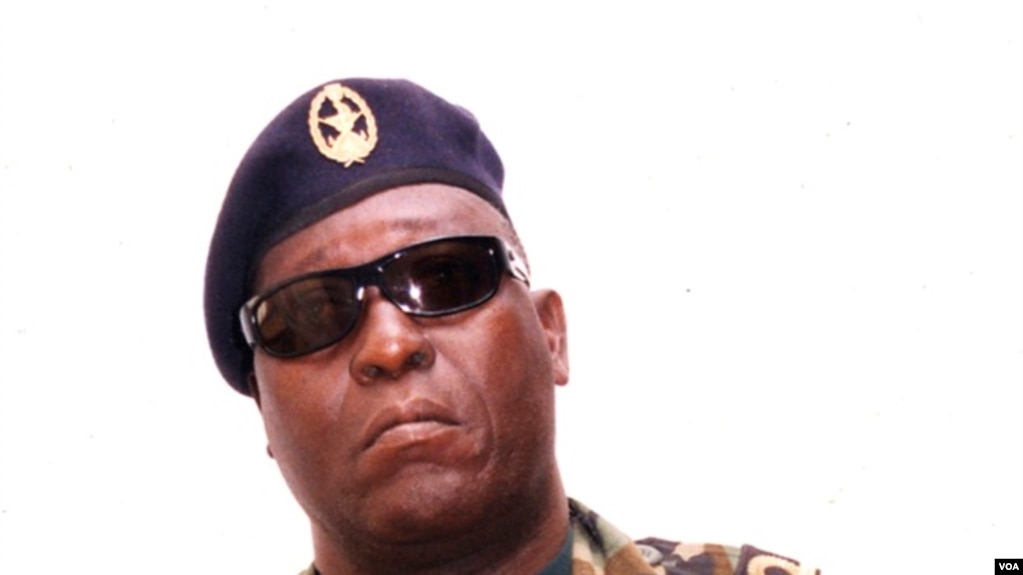Gambiaj.com – (Bissau, Guinea-Bissau) – More than a dozen individuals, including prominent military and civilian figures, remain in detention in Guinea-Bissau as the trial stemming from the February 1, 2022, attempted coup d’état continues to unfold. The group includes José Américo Bubo Na Chuto, former Chief of Staff of the Navy, and Júlio Nhaté, former Head of Staff of the Armed Forces, both of whom are accused of conspiring to overthrow the government.
Lawyer Marcelino N’Tupé, who represents several of the defendants, confirmed that the accused are being tried by the Military Court in Bissau. Speaking after the release of 13 other individuals detained under similar circumstances, N’Tupé noted that the legal process for his clients is ongoing. “These are individuals who have been formally accused and are undergoing trial by the Military Court,” he stated, emphasizing that their fate lies in the hands of the judiciary.
The February 2022 incident marked a significant challenge to Guinea-Bissau’s fragile political stability. Armed men stormed the government palace during a Cabinet meeting, where President Umaro Sissoco Embaló and Prime Minister Nuno Gomes Nabiam were in attendance. While security forces eventually repelled the attackers, the attempted coup left at least 11 people dead, underscoring the nation’s vulnerabilities to political unrest.
Legal and Political Implications
The ongoing trial has drawn attention to the role of the military in Guinea-Bissau’s political affairs, a nation that has experienced multiple coups and coup attempts since its independence in 1974. Observers have called for due process and transparency in handling the trial, emphasizing the importance of legal accountability to deter future attempts to undermine democratic governance.
Meanwhile, the release of 13 detainees has sparked mixed reactions. Advocates for the accused argue that the prolonged detention of others reflects inconsistencies in the judicial process, while government officials stress that those still detained are facing more serious charges requiring thorough legal scrutiny.
Human Rights Concerns
The extended pre-trial detention has also raised concerns among human rights organizations, which argue that prolonged incarceration without resolution may contravene international standards. Lawyer N’Tupé and other defense attorneys have urged the court to expedite the proceedings, citing the psychological and social toll on the detainees and their families.
As the trial continues, the people of Guinea-Bissau await its outcome, viewing it as a critical test of the country’s ability to uphold justice and foster political stability in the aftermath of a turbulent chapter in its history.










